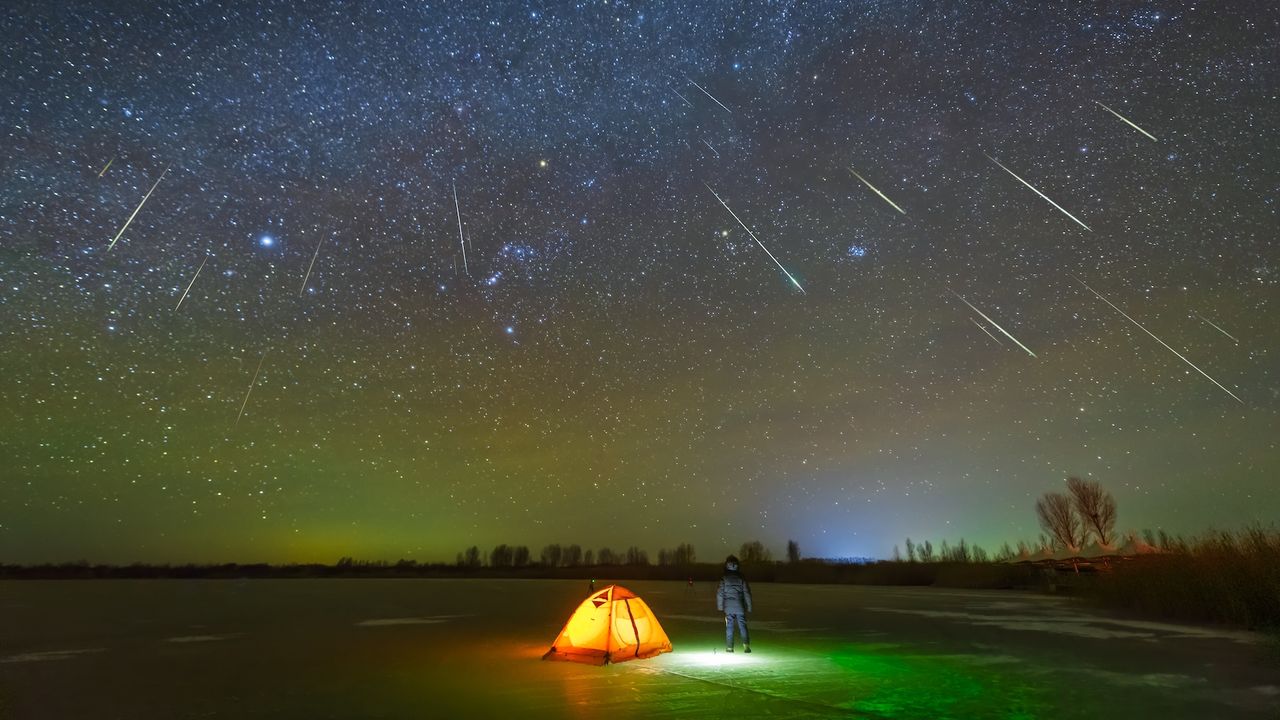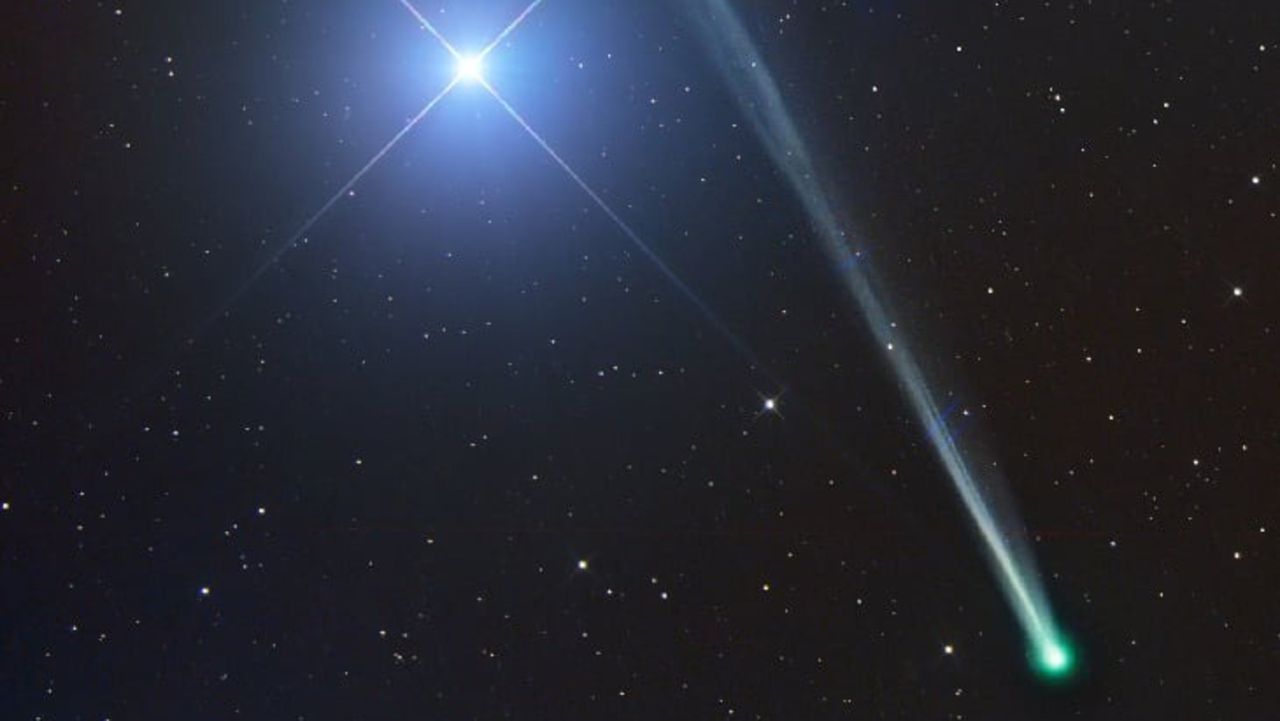Is it really likely that humans will go extinct in exactly 314 years?
NegativeScience

A recent study has sparked debate by predicting that humans could face extinction by the year 2339. While the authors employed three different methods to arrive at this alarming conclusion, many experts remain skeptical about the accuracy of such forecasts. This discussion is crucial as it raises awareness about the potential threats to humanity's future and the importance of addressing environmental and societal challenges.
— Curated by the World Pulse Now AI Editorial System







